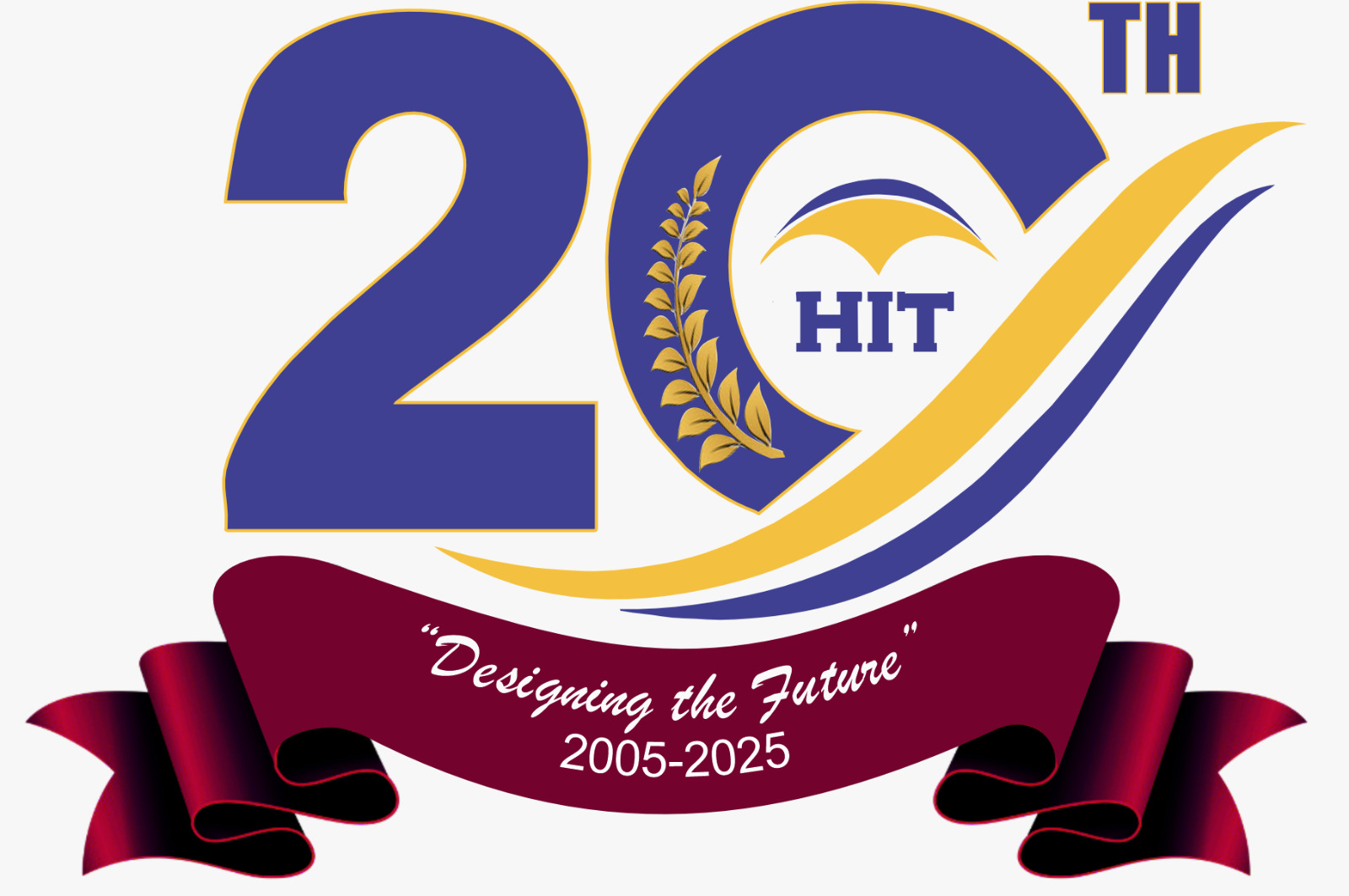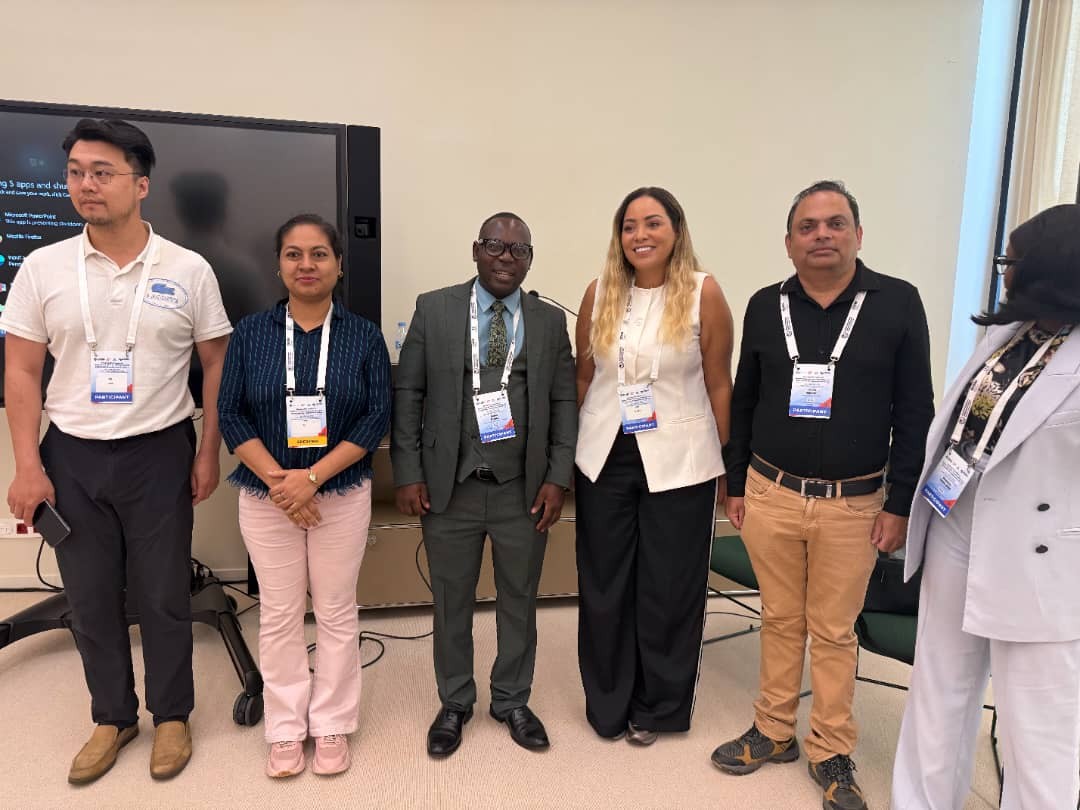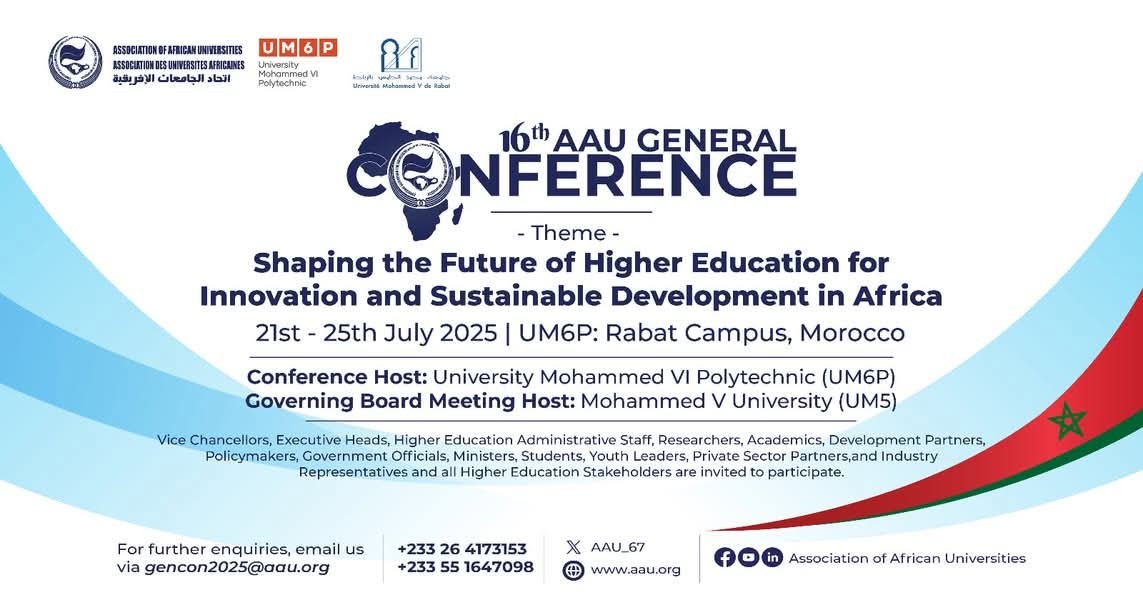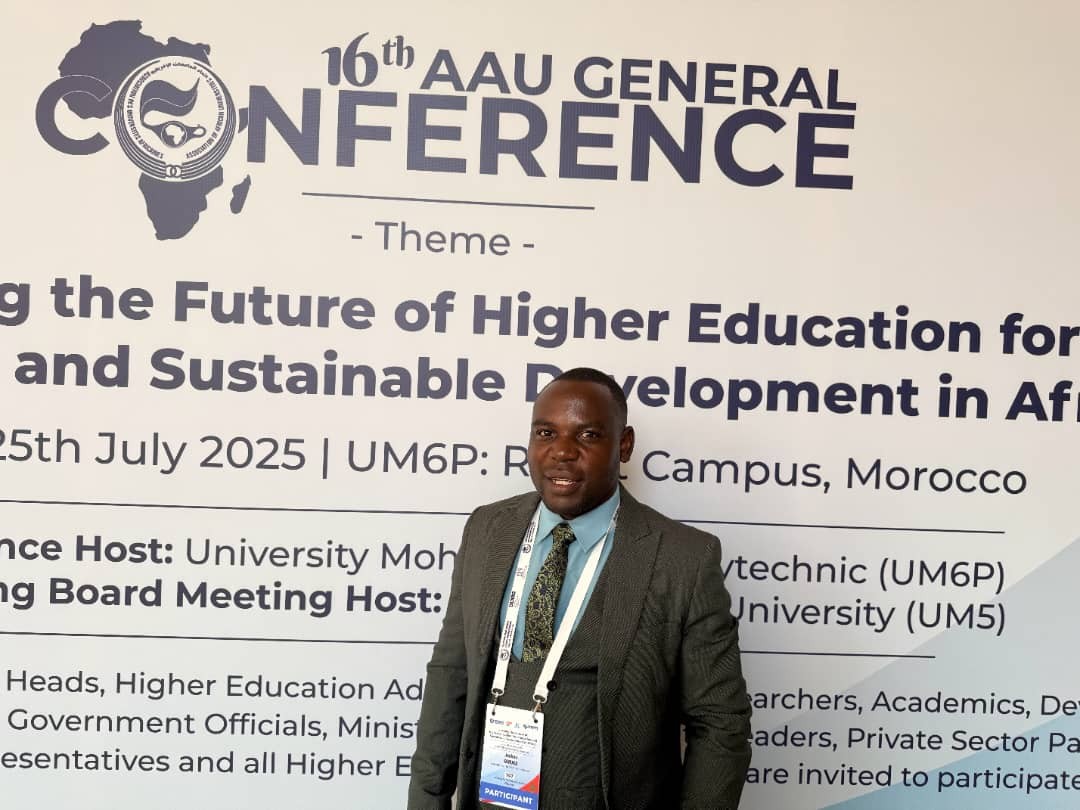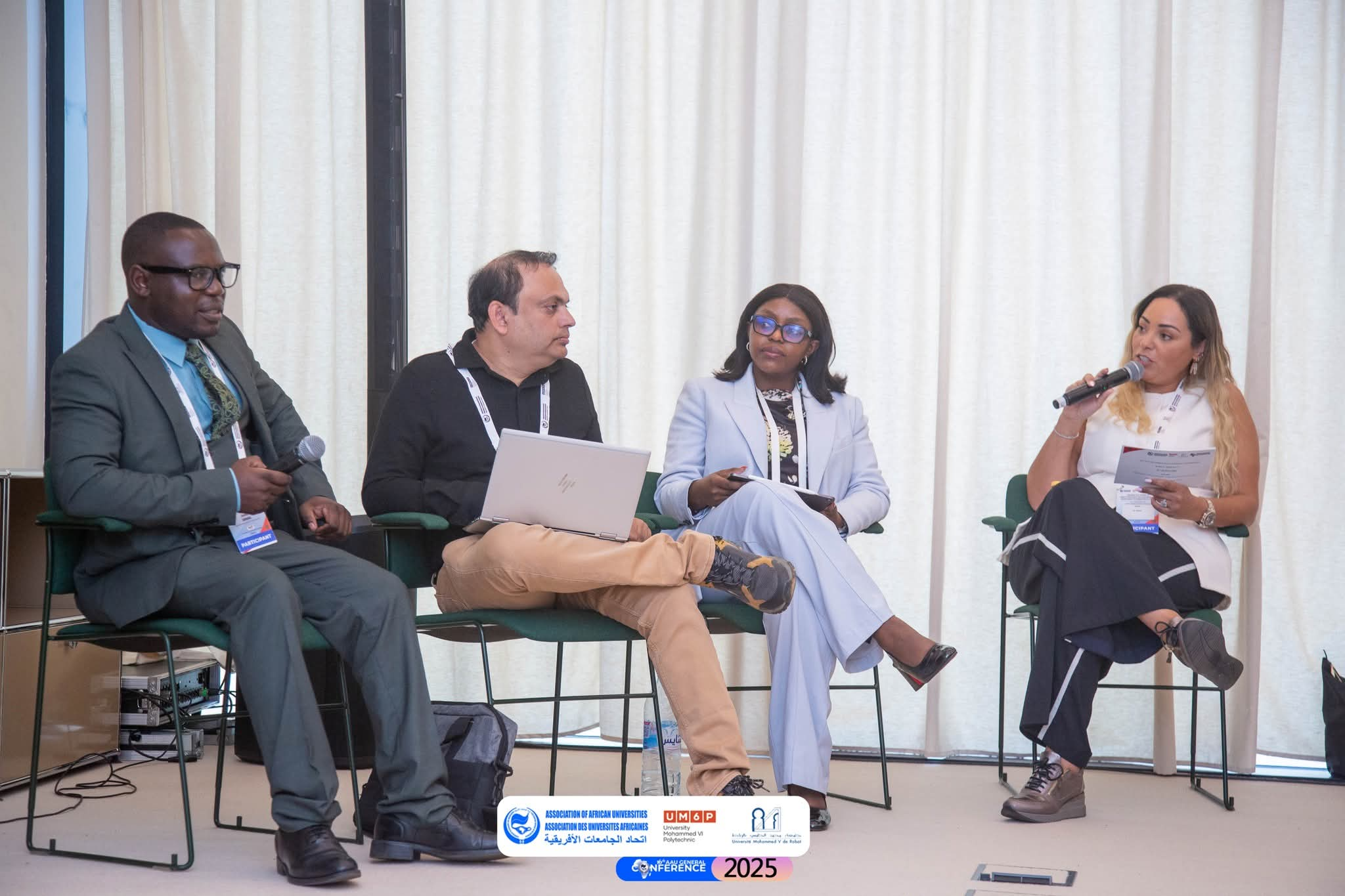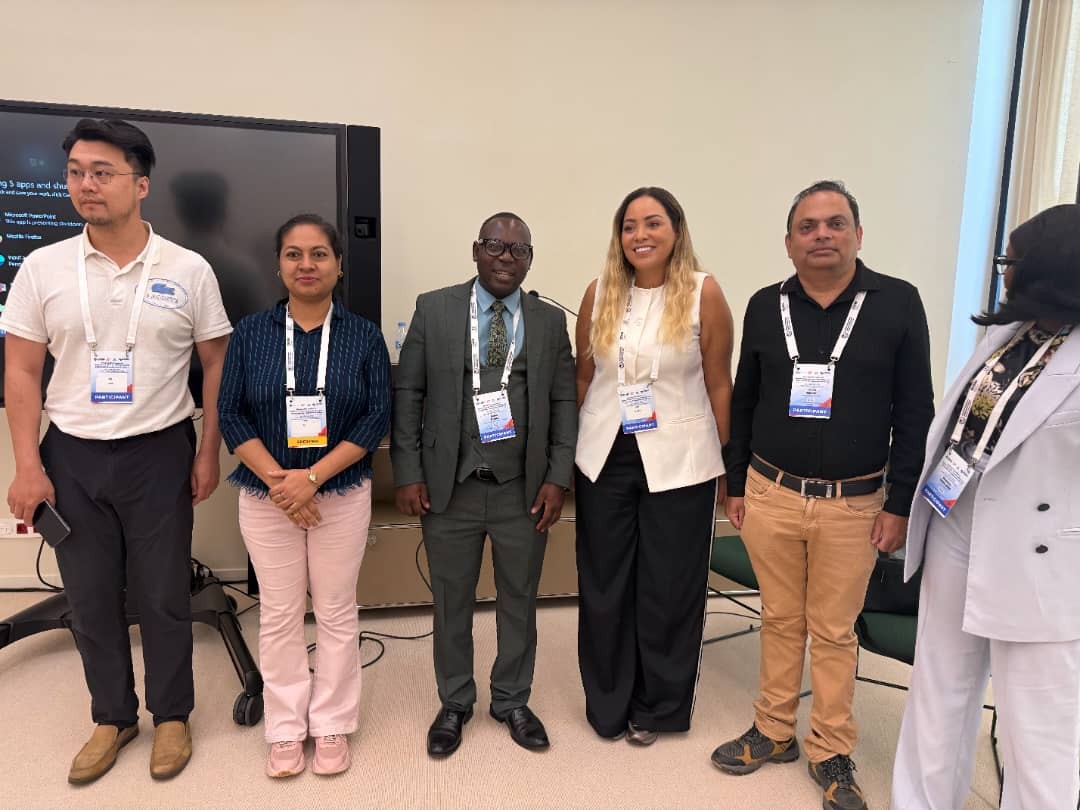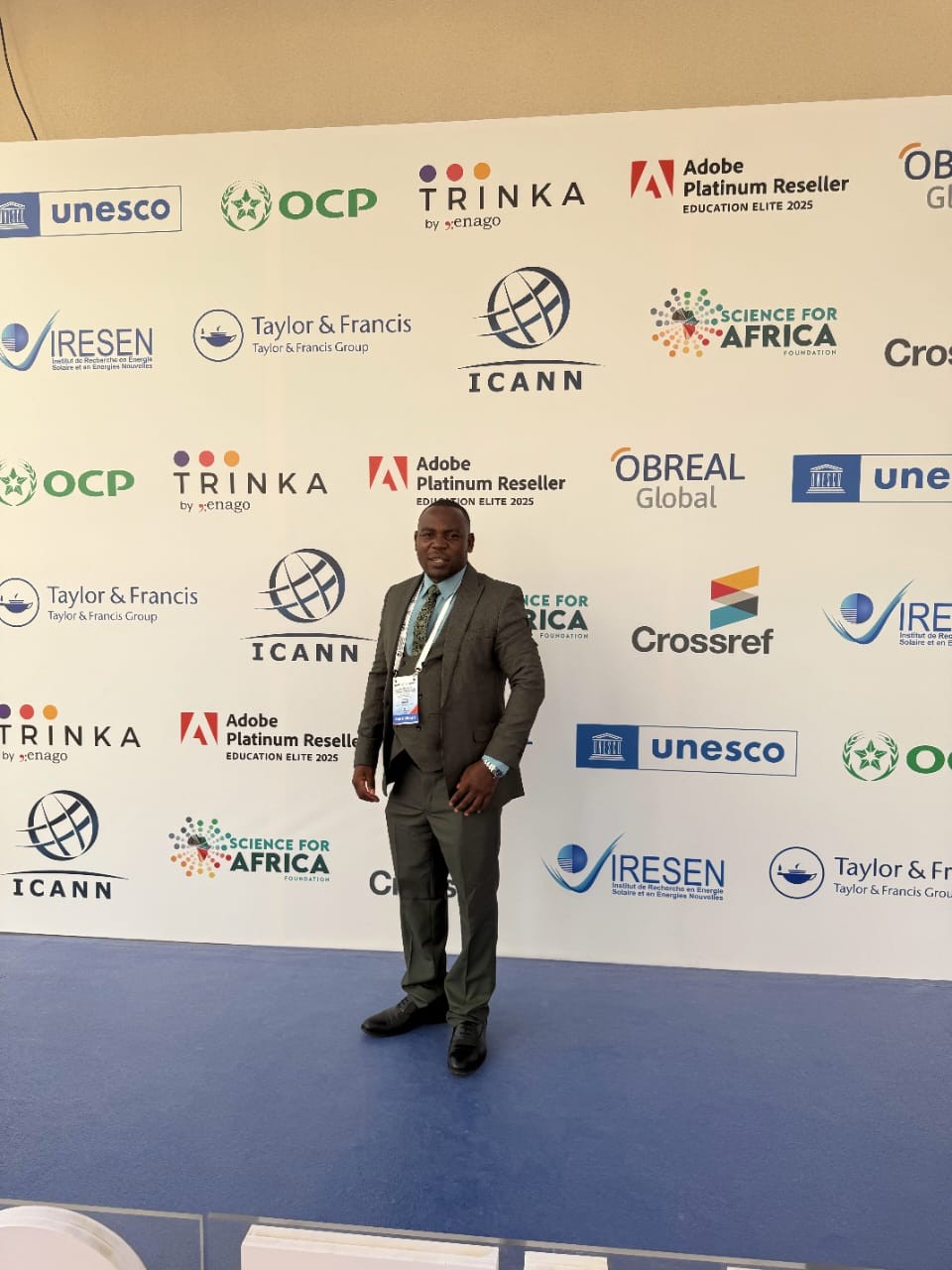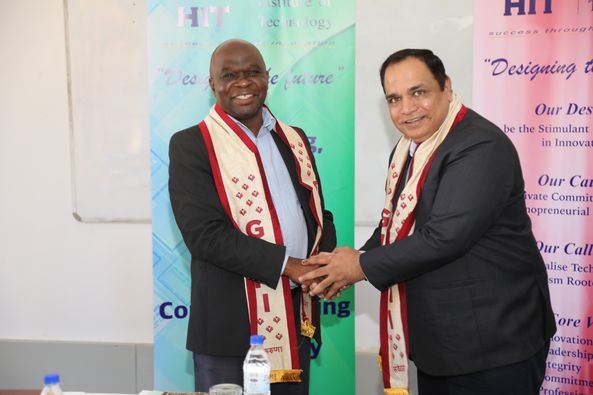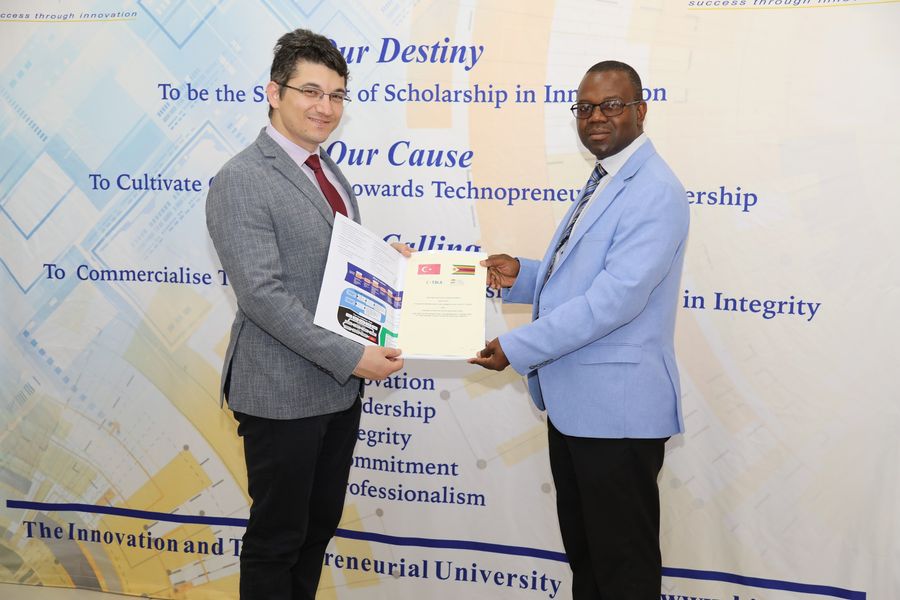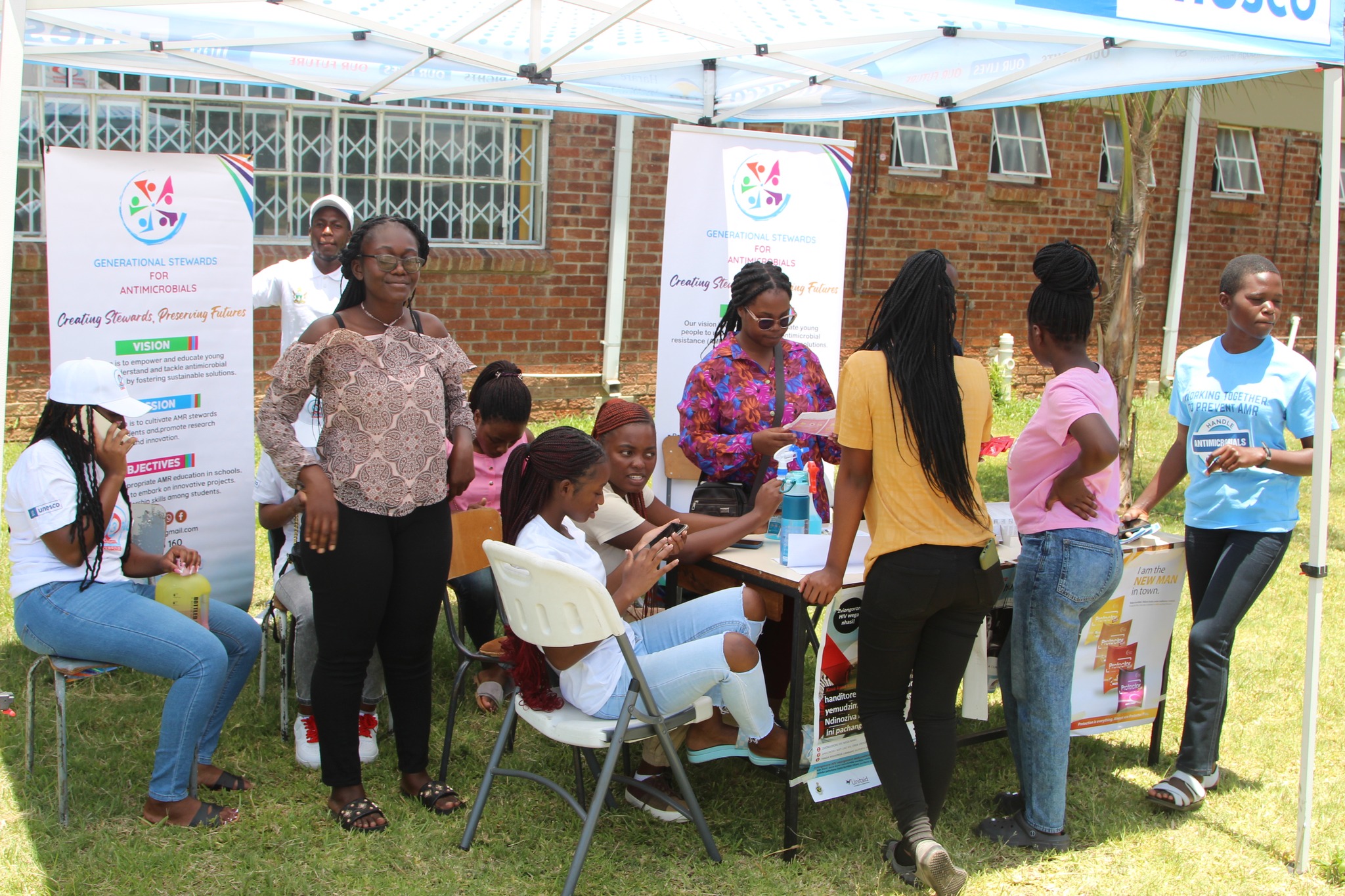Joshua Simuka’s Groundbreaking Model for Commercialising Research Offers a Blueprint for Africa’s Future.
In the vibrant city of Rabat, Morocco, the 16th General Conference of the Association of African Universities (AAU) is taking place under the theme: “Shaping the Future of Higher Education for Innovation and Sustainable Development in Africa.” Hosted by Mohammed VI Polytechnic University (UM6P), this prestigious gathering brings together university leaders, researchers, policymakers, and development partners from across Africa and beyond. Running from July 21st to 25th, 2025, the conference serves as a platform to foster intellectual exchange and reinforce a collective commitment to redefining the role of African higher education in the global knowledge economy.
Among the distinguished speakers is Joshua Simuka, a Research Fellow in the Postgraduate Strategy and Innovation Unit at the Harare Institute of Technology (HIT). His presentation, titled “Modelling an Entrepreneurial and Innovation Ecosystem for Research Output Commercialisation in State Universities,” addresses a critical challenge in African higher education: transforming research outputs into tangible solutions that drive societal and economic development.
Across Africa, universities are producing valuable research in areas such as agriculture, energy, digital transformation, health, and the environment. Yet, much of this knowledge remains confined within academic journals, rarely translating into innovative products, policies, or market-driven solutions. Simuka’s study introduces a practical model for entrepreneurial and innovation ecosystems (EIEs) tailored to the African university context, aiming to bridge this gap and turn research into commercially viable outputs.
Employing a rigorous, evidence-based approach—including surveys, expert interviews, and structural equation modelling—Simuka’s research identifies key factors such as entrepreneurship education, government support, institutional incentives, innovation hubs, and industry linkages that significantly influence research commercialisation. The model’s high validity underscores its potential as a strategic tool for institutional reform and policy development across African universities.
This research aligns closely with HIT’s mission as Zimbabwe’s national university for innovation, guided by the Education 5.0 philosophy. This approach expands the traditional university functions of teaching, research, and community service to actively include innovation and industrialisation. Simuka’s work exemplifies HIT’s commitment to producing applied knowledge that addresses societal needs and supports Zimbabwe’s Vision 2030 and National Development Strategy 1 (NDS1) for an innovation-driven economy.
Simuka’s participation at the AAU conference is part of a broader dialogue on systemic reforms needed to elevate African universities as engines of sustainable development. Sessions have examined building resilient research ecosystems, integrating artificial intelligence and digital technologies into education, and developing harmonised policies to support AI-driven transformation. Discussions have also focused on empowering women in leadership, leveraging the diaspora, and harnessing indigenous knowledge for environmental and social innovation.
A notable session on Entrepreneurship Skills and Competencies showcased Simuka’s research alongside studies on university incubators, gender-responsive entrepreneurship education, and authentic assessment models. These discussions highlight a shared understanding across Africa: entrepreneurial skills are essential for universities to address youth unemployment, technological disruptions, and evolving labour markets. Simuka’s ecosystem model offers both a conceptual framework and a practical roadmap for embedding innovation within higher education institutions and policy frameworks.
Reflecting on his experience, Simuka described the conference as a pivotal moment in his academic and professional journey:
“Participating in the 16th AAU General Conference is both humbling and energising. It’s a unique opportunity to share research that aligns with HIT’s institutional goals and Africa’s broader vision for innovation-led development. This platform clarifies our role as scholars—research must serve the continent, influence policy, foster entrepreneurship, and transform lives. I am honoured to represent HIT in this continental dialogue, reaffirming my commitment to applied research and the advancement of African higher education.”
His insights, grounded in evidence and driven by a dedication to systemic change, resonate with the conference’s overarching message: that higher education must move from the periphery to the forefront of Africa’s economic, social, and technological growth.
The Harare Institute of Technology is proud to contribute to this historic conversation, showcasing innovative ideas and strategies that demonstrate the continent’s potential. By highlighting Joshua Simuka’s research, HIT affirms its leadership role in shaping Zimbabwe’s and Africa’s knowledge-based future.

